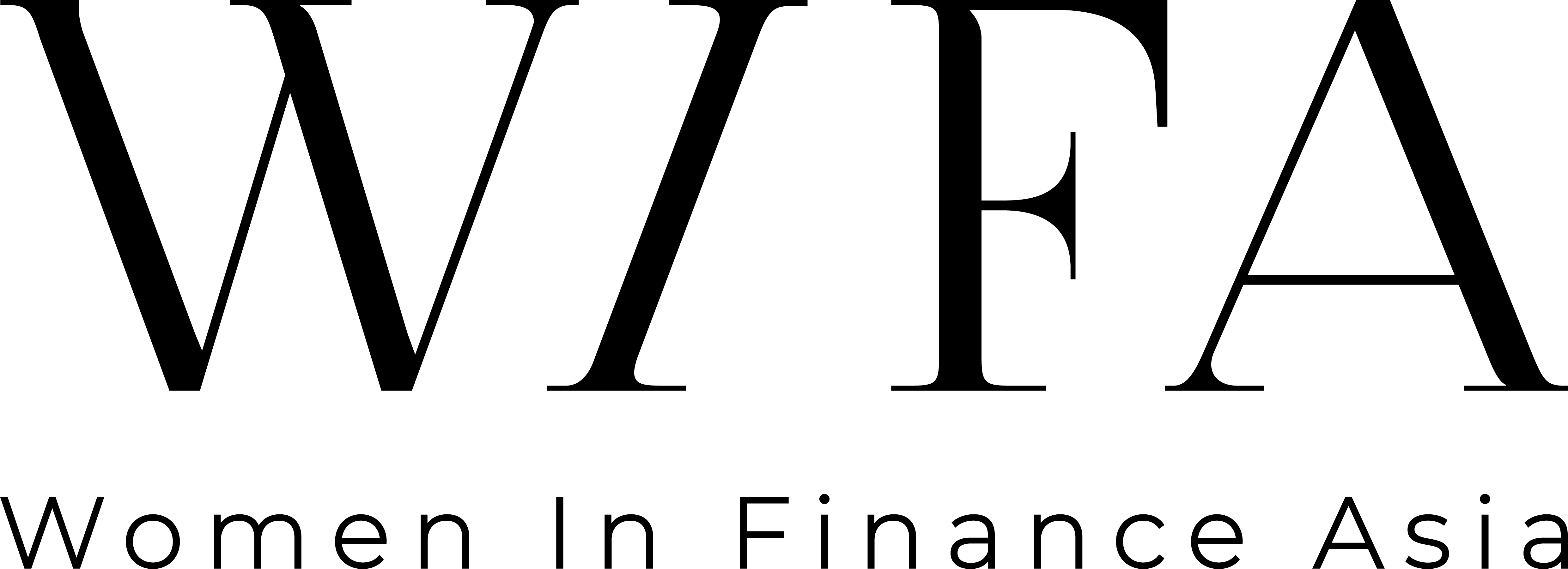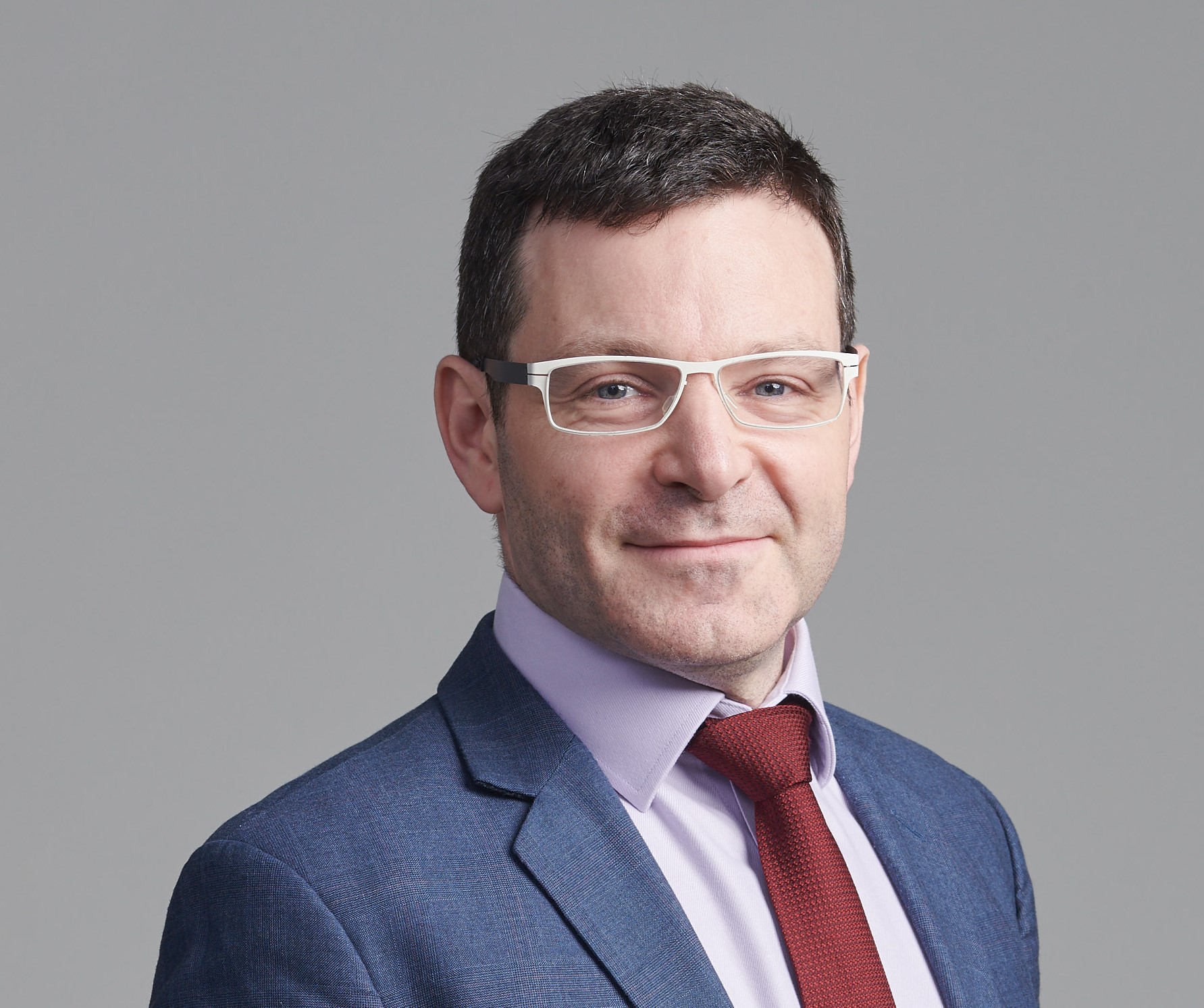Greg Solomon, an actuary who runs his own business, Eigengrey Consulting, shares with WiFA his motivation to be an ally, his role as a mentor, and advice for men so they can become a male ally.
1. Tell us about yourself
I was born in South Africa, lived in London for over a decade, in Israel for a short time, and now have been in Hong Kong for a decade. I have been developing the HashtagYourLife.com system of self-improvement (improve perspective, become more effective) which is available freely online. I have two wonderful girls, aged 5 and 10, and want the world to be fair and open for them. I have been a mentor for WiFA for the last three years, and as a result have met many incredibly ambitious and generous people.
2. What motivates you to be an ally in the financial services industry?
There is no doubt that it’s generally different for women and men in the workplace, and financial services industry also reflects this. This is not to say that every woman is paid less than her male counterparts, and that no company respects diversity and inclusion, but it is still a significant issue that needs to be addressed.
In many different articles, Harvard Business Review says that men play an important role in the empowerment of women, from small things (like taking our fair share of domestic responsibilities at home), to medium (mentoring women and being an ally), to bigger things (like challenging the thinking and approach of entire companies and their management teams). As someone with a wife, daughters, and sisters, I do not want the women close to me to accept less, nor to believe that there are things that they should be excluded from. And I do not want the world to be such that it only offers less while demanding more. It is therefore natural for me to want to make a difference more widely, and WiFA has been an amazing association for me to support over the years.
3. Mentors play an important role in the development of the careers of women. Have you or are you mentoring a woman in finance? Please tell us about your experience.
I have mentored several women through WiFA, and others through corporate mentoring schemes at my previous companies. My role as a male ally is not to show them what “best practice” looks like, nor to have them aspire to behave like me.
As a mentor in general, there are certain themes where I think individuals can get better – such as understanding and interacting with people, taking more risks, communication, storytelling, and influence.
Then as a male ally, it’s important to address some very specific topics, such as how a male might see and act in a certain situation (as a way of giving an alternative perspective), as well as topics including imposter syndrome, overwhelm, and emotional responses in the workplace.
4. What advice or guidance would you provide men so they can become an ally? What can they do better to support their female colleagues professionally?
It’s important to understand that being an ally isn’t about teaching women to be better.
The starting point could be about sharing alternative perspectives (“This is what a male might have done in your situation, which do you think would have been better?”).
But an ally should also be connecting his mentee to members of his own professional network. In that sense, an ally is an enabler more than a teacher.
The more that people think about diversity and inclusion, the more we talk about equitability, the more women stop believing the social conditioning about it being a man’s world and thus stop accepting anything other than what is fair, the sooner we can live in a world which we are proud of.
But regardless of what I think an ally should be doing, the important thing is that you have an open discussion with your mentee. Find out what she wants, make some suggestions, and take your journey together. I look forward to a time when there is no need for male allies. But we are still a long way from that. I’m grateful for the opportunity that WiFA provides for me to be part of the shift.

